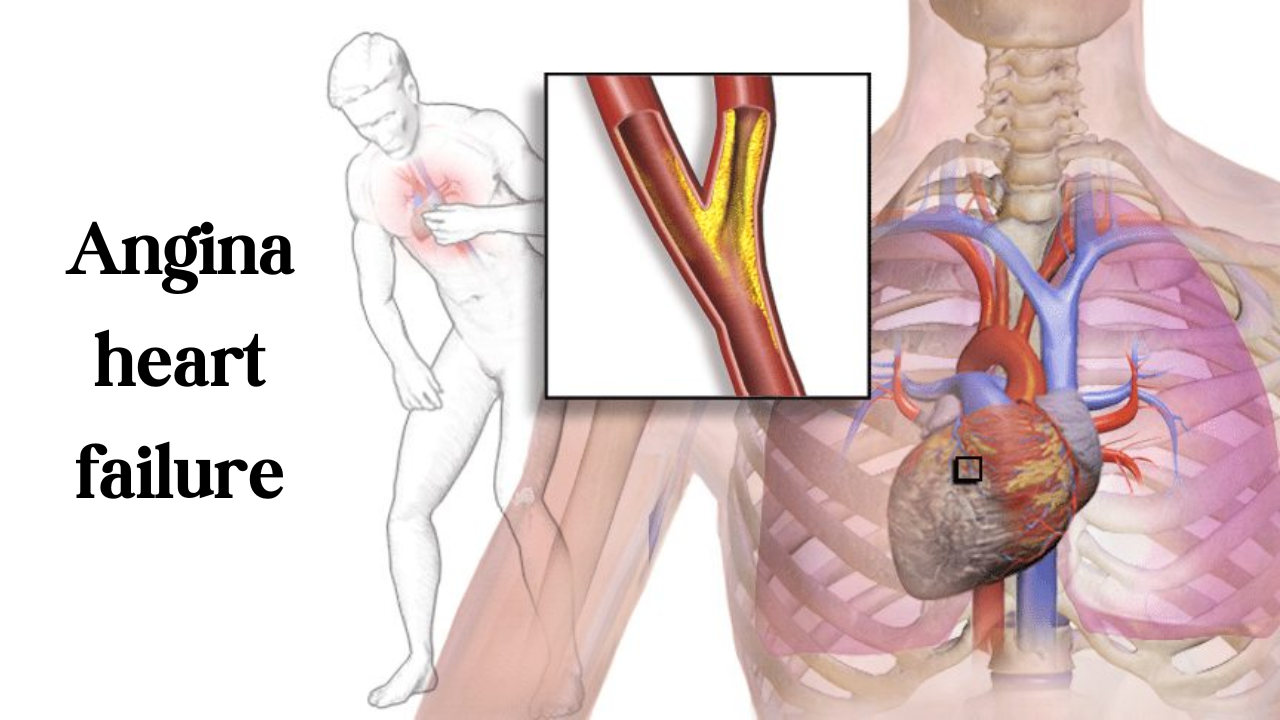Experiencing trapped gas in the chest can be an uncomfortable and sometimes alarming situation. It’s a common issue that many people face, and understanding its causes, symptoms, and solutions can help you manage and prevent this discomfort effectively.
What Causes Trapped Gas in the Chest?
Trapped gas in the chest occurs when excess gas accumulates in the stomach or intestines and causes pressure and pain that radiates to the chest. Several factors can contribute to this condition:
- Swallowing Air: Eating or drinking too quickly, chewing gum, or smoking can cause you to swallow air, which can lead to gas buildup.
- Dietary Choices: Consuming certain foods and beverages, such as carbonated drinks, beans, lentils, and high-fiber foods, can increase gas production.
- Digestive Disorders: Conditions like irritable bowel syndrome (IBS), gastroesophageal reflux disease (GERD), and lactose intolerance can cause excessive gas and bloating.
- Constipation: When stool builds up in the colon, it can lead to gas being trapped in the digestive tract.
- Physical Inactivity: Lack of movement can slow down digestion, leading to gas buildup and discomfort.
Symptoms of Trapped Gas in the Chest
The symptoms of trapped gas in the chest can mimic those of more serious conditions, such as heart attacks, which is why it’s important to recognize the signs specific to gas-related discomfort:
- Sharp or Stabbing Pain: This pain is often felt in the upper abdomen or chest and can sometimes radiate to the back.
- Bloating and Fullness: A feeling of fullness or pressure in the abdomen and chest.
- Belching: Frequent belching can indicate that gas is trying to escape.
- Flatulence: Passing gas through the rectum is a common way for the body to relieve trapped gas.
- Heartburn: A burning sensation in the chest, usually after eating, which can be accompanied by a sour taste in the mouth.
Effective Solutions for Trapped Gas in the Chest
Finding relief from trapped gas in the chest involves a combination of lifestyle changes, dietary adjustments, and over-the-counter remedies. Here are some effective solutions:
1. Lifestyle Changes
- Eat Slowly: Taking your time to eat and drink can reduce the amount of air swallowed.
- Avoid Chewing Gum and Smoking: Both habits can cause you to swallow air, increasing gas buildup.
- Stay Active: Regular physical activity can help stimulate digestion and prevent gas accumulation.
2. Dietary Adjustments
- Identify Trigger Foods: Keep a food diary to track which foods cause gas and try to limit or avoid them.
- Opt for Smaller Meals: Eating smaller, more frequent meals can help manage gas production.
- Stay Hydrated: Drinking plenty of water can aid digestion and reduce gas.
3. Over-the-Counter Remedies
- Antacids: Medications like simethicone can help break down gas bubbles, providing quick relief.
- Digestive Enzymes: Supplements containing lactase or alpha-galactosidase can help break down gas-producing foods.
- Herbal Teas: Peppermint, ginger, and chamomile teas have been known to soothe the digestive tract and reduce gas.
When Should You Seek Medical Attention?
While trapped gas in the chest is usually harmless, it’s important to recognize when to seek medical attention. If you experience severe chest pain, difficulty breathing, or if the pain is accompanied by other symptoms such as nausea, vomiting, or sweating, seek immediate medical help. These could be signs of a more serious condition, such as a heart attack or pulmonary embolism.
Preventing Trapped Gas in the Chest
Prevention is key to avoiding the discomfort of trapped gas. Here are some preventive measures:
- Healthy Diet: Incorporate a balanced diet with plenty of fruits, vegetables, and whole grains, and avoid known gas-producing foods.
- Regular Exercise: Staying active can help keep your digestive system functioning smoothly.
- Mindful Eating: Pay attention to your eating habits, chew food thoroughly, and avoid overeating.
Role of Antidotes in Gas Relief
In some cases, the discomfort caused by trapped gas can feel severe, almost as if one needs an antidote for the pain. While there isn’t a literal antidote for gas, certain remedies and lifestyle changes act as effective countermeasures to alleviate the symptoms and provide relief. For instance, simethicone-based antacids work by breaking down gas bubbles, serving as a quick and effective solution, much like an antidote in a moment of distress.
A Recap Summary
Trapped gas in the chest can be a distressing experience, but understanding its causes, symptoms, and solutions can help you manage and prevent it effectively. By making mindful lifestyle and dietary changes, using over-the-counter remedies, and knowing when to seek medical help, you can alleviate the discomfort and maintain a healthy digestive system. Remember, while there may not be a specific antidote for gas, adopting these strategies can serve as your best defense against the discomfort it brings.




